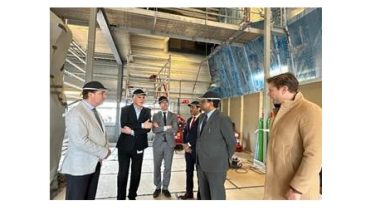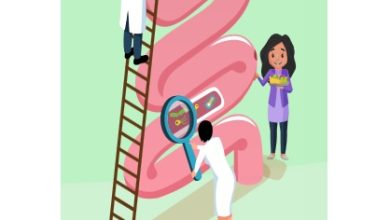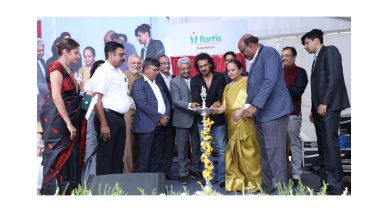17-year-old scientist invents smartwatch to monitor and treat overdoses in real-time

Dou collaborated with the Orlando Regional Medical Center to obtain de-identified clinical datasets from overdose victims
Steve Dou, a California high school senior, has created a smartwatch to detect drug overdoses before they’re fatal. The device uses a complex system of biosensors built by Steve that can monitor a user’s body around the clock, detecting changes indicative of an overdose in measurements such as oxygen level, heart rate, and muscle movement—all without the need of a doctor.
Dou came up with the idea for his smartwatch at the age of 13 when he witnessed his brother suffer an opioid overdose that almost took his life. Determined to make a change, Dou cold-emailed numerous research groups, and when he was in ninth grade, a researcher at the University of Central Florida invited him to join a bioengineering lab. Steve has been working on the project for over three years now.
“Life-saving medications like naloxone are designed to rapidly reverse overdoses, but they won’t matter if nobody is nearby to administer them during an overdose,” says Milad Hamidi, Dou’s research supervisor at the University of Central Florida. “Steve’s invention, the Rescue Response Smartwatch, helps solve that problem by bringing an alarm system to the wrist of the user.”
If the user’s measurements were to pass a threshold, the smartwatch would automatically send an alert to 911. To establish the threshold measurements, Dou collaborated with the Orlando Regional Medical Center to obtain de-identified clinical datasets from overdose victims. The smartwatch’s intelligent machine learning algorithm was trained on this data. Unlike previous technologies, Dou’s smartwatch incorporates multiple biosensors and an onboard naloxone cartridge. The cartridge can be activated and used during an emergency to manage an overdose.
Steve has built dozens of copies of his Rescue Response Smartwatch, and he partnered with the North American Syringe Exchange Network to freely pass them out to homeless populations. This has been possible because each smartwatch only costs $41 to make, and Steve believes he could decrease it to as low as $22.
Aside from his smartwatch, Steve also invented Oncosentronic, a nanoparticle-based biosensor that can detect breast cancer cells in a patient’s blood samples to help with diagnoses. He hopes to create more medical technologies in the future, and currently, he is starting his very own biotechnology company, Medical Biosentronics, as its CTO. Steve’s work in biosensors has made him a Global Finalist in the Google Science Fair and a recipient of a $20,000 scholarship from the Coca-Cola Scholars Program.




